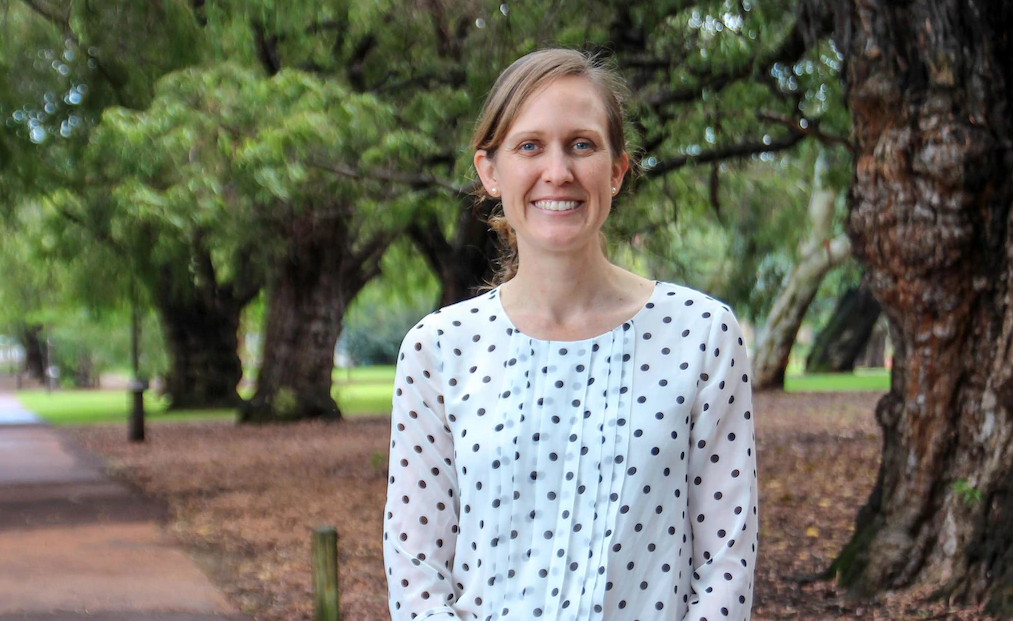Search
Research
Is Streptococcus pyogenes resistant or susceptible to trimethoprim-sulfamethoxazole?Streptococcus pyogenes is commonly believed to be resistant to trimethoprim-sulfamethoxazole (SXT), resulting in reservations about using SXT for skin and...
Research
Nasopharyngeal carriage of Streptococcus pneumoniae: prevalence and risk factors in HIV-positive children in TanzaniaPneumococcal colonization of the nasopharynx is especially common in young children and is a pre-requisite for pneumococcal disease...
Research
Efficacy of the human papillomavirus (HPV)-16/18 AS04-adjuvanted vaccine in women aged 15-25 yearsWe present further data on vaccine efficacy (VE) against HPV-16/18 in the total vaccinated cohort including women who may have been exposed to HPV-16/18...
Research
Determinants of attenuation in the envelope protein of the flavivirus AlfuyMurray Valley encephalitis virus (MVEV) is a mosquito-borne flavivirus endemic to Australia and Papua New Guinea.
As Head of Aboriginal Research Development at Telethon Kids, Glenn Pearson believes his work brings us closer to identifying the real and whole Australian story


News & Events
World-first trial to seek child-specific treatments for dangerous bloodstream infectionsThe Kids Research Institute Australia, Perth Children’s Hospital (PCH) and the Peter Doherty Institute for Infection and Immunity (Doherty Institute) will spearhead the paediatric arm of a world-first global platform trial designed to uncover treatments for Staphylococcus aureus bloodstream infection.

News & Events
Shot in the arm for Strep A vaccine bidThe Leducq Foundation has bolstered an Australian-led bid to develop a Strep A vaccine, committing USD4.3 million to fund critical scientific work.

News & Events
Worried about your child getting coronavirus? Here’s what you need to knowComparatively few children have tested positive for coronavirus (COVID-19). Here’s what we know so far about how children are affected.
Research
Follow-up and Outcomes of Infants Perinatally-exposed to HIV in a Low-prevalence Setting: The Multicenter Children's HIV Exposure Study 2To investigate the follow-up and outcomes of HIV-exposed infants in a setting of low HIV prevalence. This was a multicenter, retrospective study of live-born infants of women known to be living with HIV, at 9 tertiary pediatric centers in Australia and New Zealand from 2009-2025. Antenatal, perinatal, and postnatal data, and outcomes at clinic visits to 18 months of age were collected, including co-morbidities, development, and HIV results.
